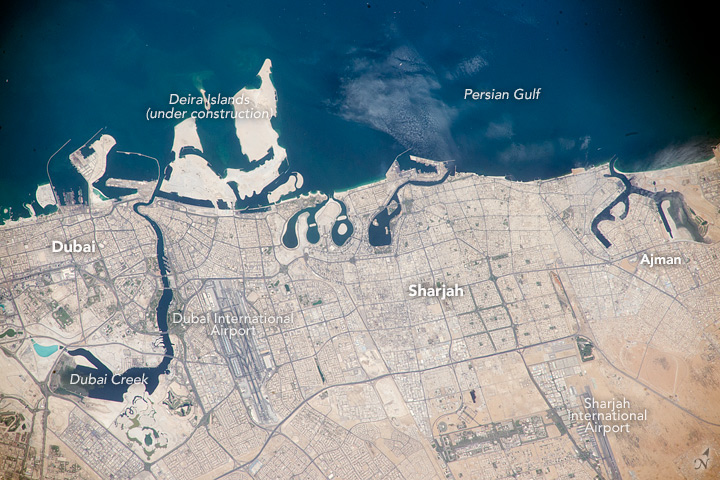** United Arab Emirates notified WHO of 2 additional cases of MERS-CoV infection, including 1 death.
January 27th, 2016- A 73-year-old male from Abu Dhabi developed symptoms on 27 December and visited a health care clinic in Abu Dhabi. He was treated symptomatically and sent home on the same day. On 31 December, the patient travelled to Oman with family members and returned back to Abu Dhabi on 1 January. On the same day, he developed symptoms and was admitted to hospital. The patient, who had no comorbidities, tested positive for MERS-CoV on 10 January. He passed away on 25 January. The patient had a history of frequent contact with camels. He consumed raw camel milk once in the 14 days prior to the onset of symptoms. He had no history of exposure to other risk factors in Abu Dhabi and in Oman in the 14 days prior to onset of symptoms.
- An 85-year-old female from Abu Dhabi was detected through the tracing of contacts. The patient is a contact of a laboratory-confirmed MERS-CoV case. She has no history of exposure to other risk factors in the 14 days prior to detection. The patient, who has comorbidities, tested positive for MERS-CoV on 13 January. Currently, she is asymptomatic admitted to a negative pressure isolation room on a ward.
WHO advice
Based on the current situation and available information, WHO encourages all Member States to continue their surveillance for acute respiratory infections and to carefully review any unusual patterns.
Infection prevention and control measures are critical to prevent the possible spread of MERS-CoV in health care facilities. It is not always possible to identify patients with MERS-CoV early because like other respiratory infections, the early symptoms of MERS-CoV are non-specific.
Therefore, health-care workers should always apply standard precautions consistently with all patients, regardless of their diagnosis. Droplet precautions should be added to the standard precautions when providing care to patients with symptoms of acute respiratory infection; contact precautions and eye protection should be added when caring for probable or confirmed cases of MERS-CoV infection; airborne precautions should be applied when performing aerosol generating procedures.
Until more is understood about MERS-CoV, people with diabetes, renal failure, chronic lung disease, and immunocompromised persons are considered to be at high risk of severe disease from MERS‐CoV infection. Therefore, these people should avoid close contact with animals, particularly camels, when visiting farms, markets, or barn areas where the virus is known to be potentially circulating. General hygiene measures, such as regular hand washing before and after touching animals and avoiding contact with sick animals, should be adhered to.
Food hygiene practices should be observed. People should avoid drinking raw camel milk or camel urine, or eating meat that has not been properly cooked.
WHO remains vigilant and is monitoring the situation. Given the lack of evidence of sustained human-to-human transmission in the community, WHO does not recommend travel or trade restrictions with regard to this event. Raising awareness about MERS-CoV among travellers to and from affected countries is good public health practice.



